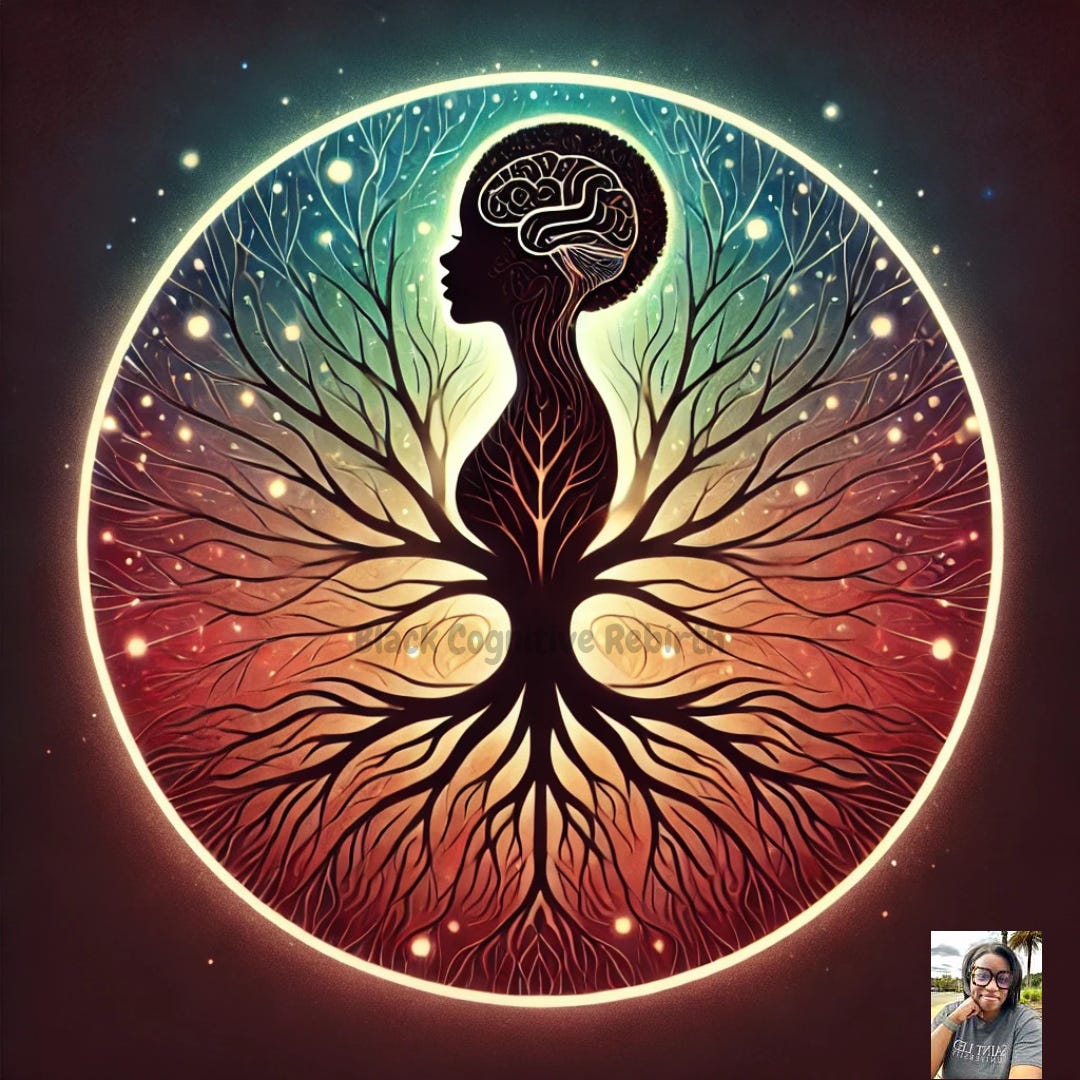Why Are Black Women Still Dying in Childbirth? And Why Am I So Damn Obsessed With This?
Who knew that becoming a neuropsychologist was in my path?
I don’t remember the exact moment I realized that hospitals weren’t safe for me.
I spent 57 days in the hospital when I had my youngest child. Fifty-seven. And that’s not counting the additional NICU stay. That’s almost two months of feeling like I had no control over what was happening to my body or my baby. I was denied my placenta (yes, denied—like it wasn’t mine to begin with), left in the dark about what was happening to my newborn, and watched as him being rushed between hospital rooms without anyone stopping to talk to me. The tears that ran down my face. The doula did and said NOTHING for me as I hyperventilated because I had no idea where my non-crying child went. The doctors and nurses were talking over me. I was a patient, but I wasn’t a person.
And that’s the reality for too many Black women in this country.
A Legacy of Mistrust (And for Damn Good Reason)
When people talk about Black women “not trusting doctors,” they say it like it’s a flaw—like we’re too emotional or misinformed. What they don’t say is that this mistrust was earned.
They don’t talk about how:
🩸 J. Marion Sims, the so-called “father of modern gynecology,” experimented on enslaved Black women without anesthesia.
🩸 The Tuskegee Syphilis Experiment let Black men suffer untreated syphilis for 40 years, just to “see what would happen.” Allowing them to go home to their families and also getting them sick unknowingly.
🩸 Forced sterilizations happened well into the 1970s, targeting Black and Brown women under the guise of “population control.”
And that’s just the historic stuff. Today, we’re still dying at three to four times the rate of white women during childbirth. We’re still being labeled as “noncompliant” when we advocate for ourselves. We’re still more likely to be denied pain medications because of the racist myth that we have a “higher pain tolerance.”
This isn’t a coincidence. This is medical racism. And I’m done letting it slide.
From Trauma to Transformation
I didn't start out wanting to become a neuropsychologist. I started out as a mother who just wanted to understand why my pregnancy, my birth, and my entire experience as a Black woman in a hospital felt like a battle I was never meant to win.
Why did no one listen to me?
Why did I feel like a burden for asking questions?
Why was I treated like an afterthought while my baby was just taken, and no one told me where to?
Why was I not crying happy tears over my bundle of joy but crying because I wanted to run out of there as fast as I could, even if that meant risking my life?
And what would have happened to me if I hadn’t spoken up?
That question haunts me. Because I know the answer. I could have died. Like so many other Black mothers have.
So, I went back to school. I started studying. And the deeper I dug, the more I realized this wasn’t just about pregnancy. It was about the entire healthcare system—from the way stress and trauma rewire our brains to the way internalized racism affects Black healthcare professionals, too.
This Space Is For Us
That hospital stay, those moments of helplessness, the fear of not knowing if my baby was okay—that lit a fire in me. It was almost as if there was a tug that refused to let me do anything else but investigate why this had happened. Yes, my little love bug is a healthy five-year-old with some neurological disabilities. However, the PTSD of it all, I cannot escape. It bothers me daily. With every book that I read on the history of black women’s contributions to this country, I saw how they were looked at as nothing. It bothers me every time Google updates me on how the numbers grow higher each quarter on the maternal mortality rates of black women.
I decided that if no one else was going to figure out how to fix this, I would. I’m going to further my studies in neuropsychology because I want to understand the mental, emotional, and neurological toll of childbirth trauma on Black women. I’m diving deep into the science, history, and real stories behind why Black women still aren’t safe in hospitals. I don’t just want to study it—I want to change it.
That’s why I created Black Cognitive Rebirth. This isn’t just a newsletter; it’s a space to:
🧠 Break down the brain science behind Black maternal health (but in a way that actually makes sense).
📖 Tell the stories that deserve to be heard because numbers don’t show the full picture.
💡 Talk solutions. What’s literally working? What policies need to change? How can we protect ourselves and each other? What policies do we NEED?
This is bigger than me. This is about survival. And maybe, just maybe, if we talk about it loud enough, we will start to change it.
Now Tell Me:
Did you feel heard during your pregnancy or medical experiences? If you could go back and advocate for yourself differently, what would you do? Drop your thoughts in the comments or reply to this email—I want to hear from you.
This has been Zsanine for Black Cognitive Rebirth—because reclaiming our health starts in the mind.
Let’s change the damn system.




Thank you for sharing your powerful story!